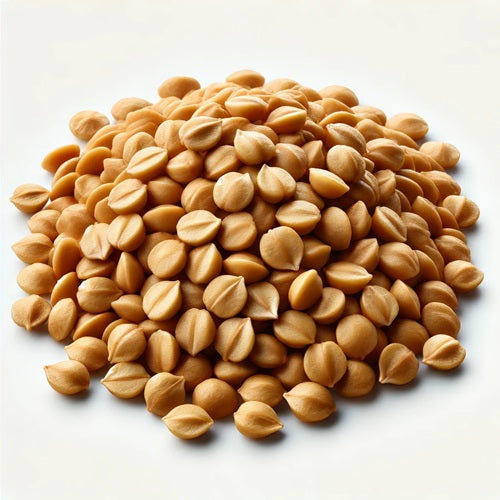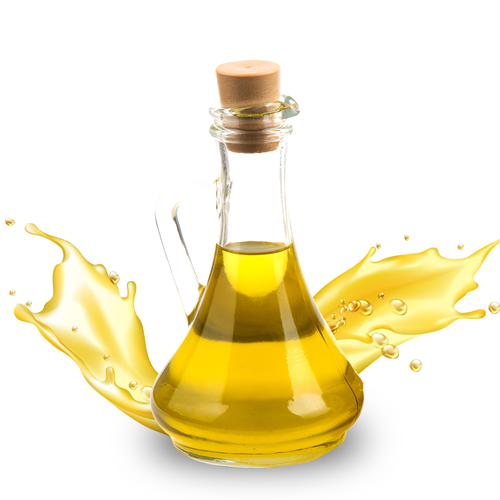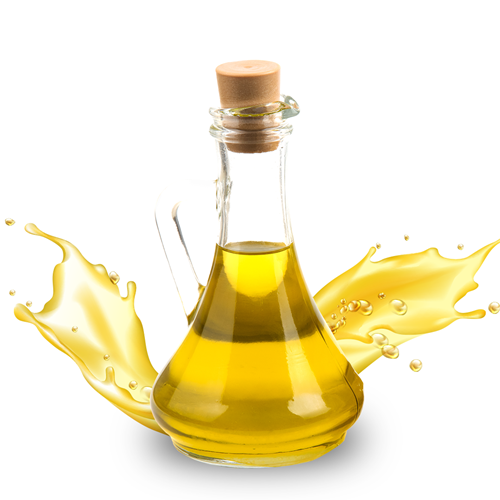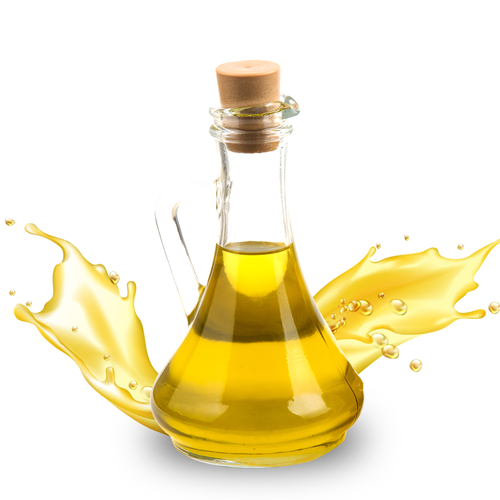Menu
Add description, images, menus and links to your mega menu
A column with no settings can be used as a spacer
Link to your collections, sales and even external links
Add up to five columns
Add description, images, menus and links to your mega menu
A column with no settings can be used as a spacer
Link to your collections, sales and even external links
Add up to five columns
LOOKING FOR BULK INGREDIENTS PRICING?

Benefits of Fenugreek Seeds - Wholesale B2B Bulk Suppliers in USA
Fenugreek Seeds: A Traditional Remedy for Metabolic Health, Digestion & Vitality
Fenugreek Seeds, derived from the plant Trigonella foenum-graecum, are a time-honored herb in Ayurvedic, Unani, and traditional Chinese medicine. Known for their slightly bitter, nutty flavor and golden-brown color, these seeds have been used for centuries to support digestion, manage blood sugar levels, enhance lactation, and boost overall vitality. Their unique nutrient profile makes them a valuable addition to both culinary and medicinal practices.
Botanical Profile
-
Botanical Name: Trigonella foenum-graecum
-
Family: Fabaceae
-
Plant Part Used: Seeds
-
Color: Yellowish to golden-brown
-
Common Names: Methi, Greek Hay, Hilba, Bird’s Foot
Culinary and Traditional Use
Fenugreek seeds are widely used in Indian and Middle Eastern cooking—featured in spice blends, curries, pickles, and herbal teas. When soaked or sprouted, they become less bitter and are commonly used in home remedies for digestive issues and hormonal support.
Health Benefits of Fenugreek Seeds
-
Supports Blood Sugar Balance
Fenugreek seeds contain soluble fiber and compounds like 4-hydroxyisoleucine that help regulate blood glucose levels. They are often used as a natural aid in managing type 2 diabetes and insulin resistance. -
Enhances Digestive Health
Traditionally, fenugreek is used to relieve indigestion, bloating, and constipation. Its mucilaginous fiber soothes the digestive tract and improves gut function. -
Boosts Lactation in Nursing Mothers
Fenugreek is a well-known galactagogue that helps increase breast milk production. Many herbal teas and supplements for lactation include fenugreek as a key ingredient. -
Promotes Hormonal Balance
Fenugreek contains phytoestrogens that may support women with menstrual irregularities, PMS, or menopause symptoms. It’s also believed to support testosterone levels and libido in men. -
Supports Heart Health
By helping regulate cholesterol and triglyceride levels, fenugreek seeds may contribute to improved cardiovascular health and reduced risk of heart disease. -
Aids in Weight Management
The fiber content in fenugreek promotes satiety, helping curb appetite and support metabolic health when used as part of a balanced diet.
Common Uses and Applications
-
As a spice in curries, dals, and pickles
-
Soaked in water and consumed for digestive or blood sugar support
-
In powdered form for herbal teas or supplements
-
In lactation and hormone-support formulas
-
Used topically in pastes for hair and skin care
Recommended Usage
A typical daily dose of fenugreek seeds ranges from 5 to 15 grams. They can be soaked overnight and consumed on an empty stomach or used in cooking. As a supplement, capsules or powders should be taken as directed on the product label.
Precautions
Fenugreek seeds are generally safe when used in moderation. However, they may cause mild digestive discomfort in some individuals and can lower blood sugar significantly if combined with medications. Pregnant women should consult a healthcare provider before use, as high doses may stimulate uterine contractions.
Final Thoughts
Fenugreek Seeds are a potent natural remedy with a wide range of health benefits—from managing metabolism to supporting women’s health and digestion. Their versatility in culinary and herbal traditions makes them a valuable ally for those seeking holistic wellness through time-tested natural remedies.
For bulk orders and inquiries, visit Reveda - Fenugreek Seeds
BUY ONLINE IN USA FROM REVEDA - The leading manufacturer B2B Bulk Wholesale Supplier of Fenugreek Seeds in USA.
Also in Reveda: Health & Wellness

Benifits Of Omega-3 Fish Oil EE - 460 MG/G EPA & 180 MG/G DHA - Wholesale B2B Bulk Suppliers in USA
Read More
SUBSCRIBE NOW ...
Don't miss to get latest updates on sales, new releases and promotions

